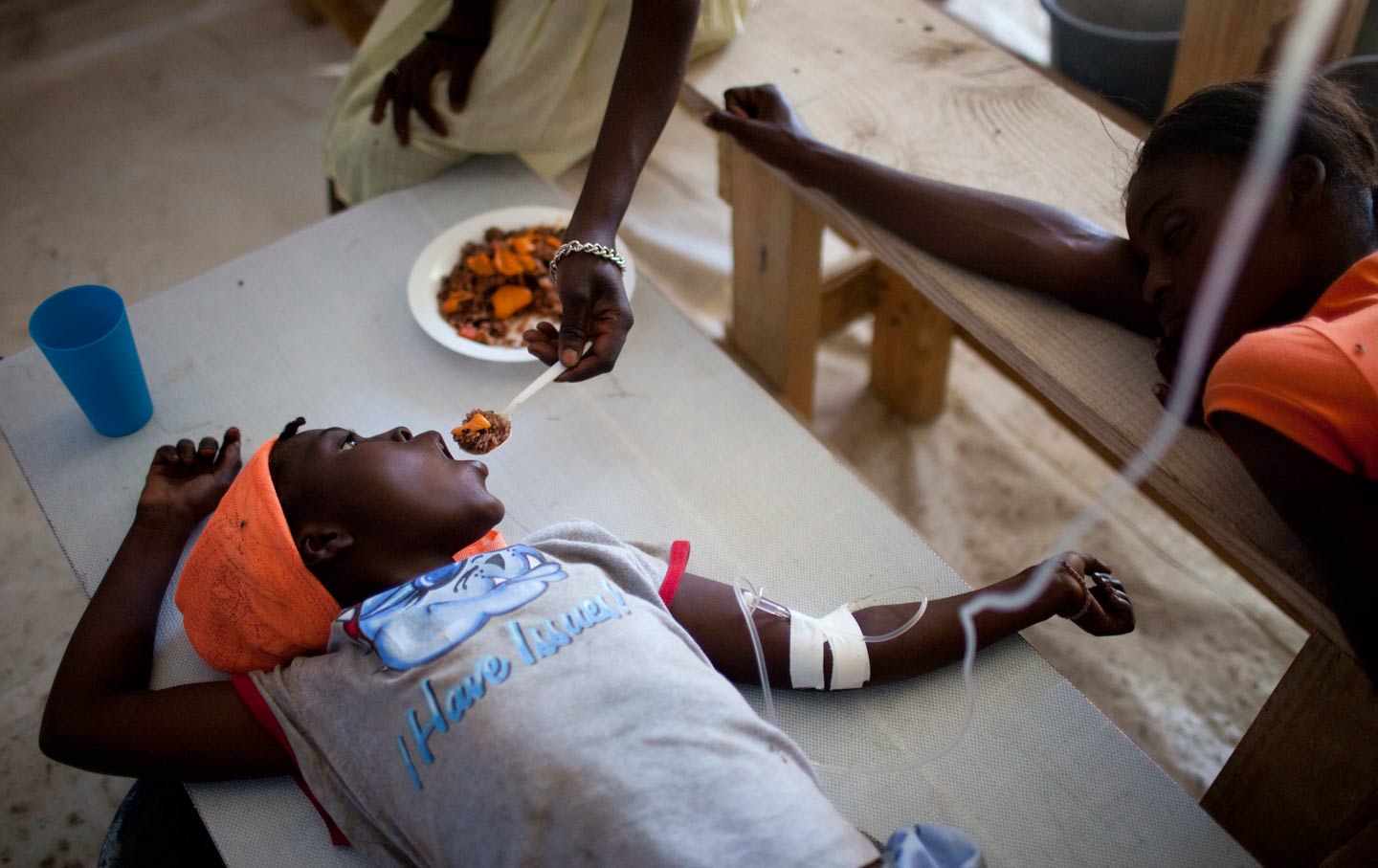On Tuesday, the Lagos state government reported a suspected cholera outbreak with at least five dead and over 60 hospitalised.
Akin Abayomi, Lagos commissioner for health, said the discovery followed cases of severe gastroenteritis reported in communities around Eti Osa, Lagos Island, Ikorodu, and Kosofe LGAs.
Subsequently, the Nigeria Centre for Disease Control and Prevention (NCDC), in a statement, alerted Nigerians to an “increasing trend of cholera cases across the country as the raining season intensifies”.
The agency said from January 1 to June 11, 2024, a total of 65 and 30 deaths have been confirmed from 30 states.
Since news of the outbreak broke out, many Nigerians on social media, especially Lagos residents, have raised concerns about the development.
Although there is a suspected outbreak of the disease, it is relieving to know that there are ways to prevent it and reduce risk of infection.
But first, what is cholera, what are the causes and symptoms?
Cholera is a disease affecting both adults and children, caused by eating food or drinking water that is contaminated with a bacterium called vibrio cholerae.
Some symptoms of the disease include painless watery diarrhoea (resembling rice water) of sudden onset.
An infected person may also experience profuse vomiting, fever, restlessness, and weakness.
Cholera is a preventable and curable disease, with most of those infected having no or mild symptoms and can be successfully treated with oral rehydration solution.
READ ALSO: Cholera kills 59 in Nasarawa
Severe cases can, however, lead to death due to dehydration (massive body fluid loss) within hours if left untreated.
If you or anyone you know experience sudden watery diarrhoea, avoid self-medication and visit a healthcare facility near you immediately.
The prevention of cholera is closely related to how it is spread.
People infected can spread the disease if their faeces get into the water system. If the water isn’t properly sanitised (cleaned), people using it for cooking, drinking, and washing risk infection.
People who are most at risk are those living in places with limited access to clean water and people living in areas with poor sanitation and poor hygiene.
Here are a few ways you can prevent cholera and its spread, especially during an outbreak:
Avoid all foods from street vendors and raw fruits and vegetables. Raw or undercooked seafood should also be avoided.
Ensure that your food is well cooked before consumption. Leftover foods should be thoroughly reheated before eating.
Boil water before drinking. Ensure you use water from safe sources only and store water in properly covered containers. Also ensure that bottled water is properly sealed before buying.
Wash your hands with soap and clean water, especially before handling and eating food and after using the bathroom. If clean water and soap aren’t available, use hand sanitizer made of at least 60% alcohol.
Avoid open defecation, indiscriminate refuse dumping; ensure proper disposal of waste and frequent clearing of sewage.
If you have diarrhoea, do not prepare or serve food or water for others. Instead, seek medical attention immediately.

 Latest3 days ago
Latest3 days ago
 Trends4 days ago
Trends4 days ago
 Business6 days ago
Business6 days ago
 Football6 days ago
Football6 days ago
 Featured6 days ago
Featured6 days ago
 Health5 days ago
Health5 days ago
 Football5 days ago
Football5 days ago
 Business6 days ago
Business6 days ago

